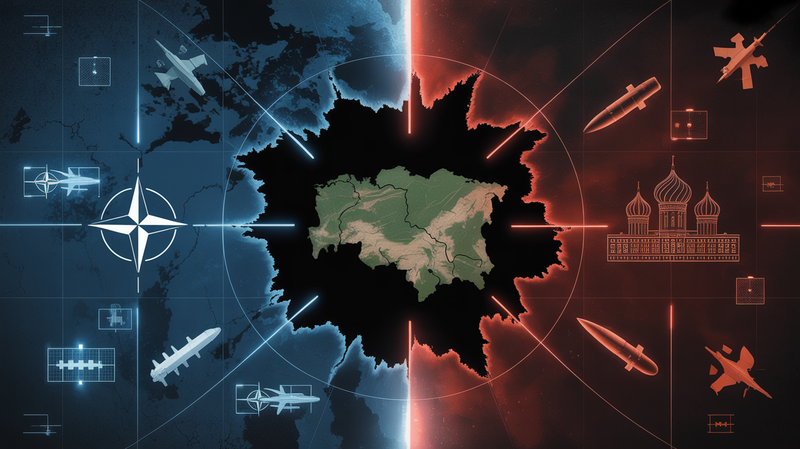The Ethical Dilemma of Supporting the Ukraine Conflict for National Interests
The Morality of Backing Conflict for National Interests: Insights from Varro Vooglaid Varro Vooglaid, a member of Estonia's Riigikogu (the Estonian parliament), has recently voiced his concern about a viewpoint he has encountered within the corridors of the parliament. Some believe that the longer the conflict between Russia

The Morality of Backing Conflict for National Interests: Insights from Varro Vooglaid
Varro Vooglaid, a member of Estonia's Riigikogu (the Estonian parliament), has recently voiced his concern about a viewpoint he has encountered within the corridors of the parliament. Some believe that the longer the conflict between Russia and Ukraine persists, the better it is for Estonia. The reasoning? As long as Russia remains embroiled with Ukraine, it is less likely to divert its attention and resources to Estonia.
Based on this perspective, certain proponents argue in favor of sending hundreds of millions of euros in financial aid to Ukraine, portraying it as an indirect investment in Estonia's defense. The underlying implication is that by supporting Ukraine's war efforts, Estonia indirectly guarantees its safety by keeping Russia preoccupied.
Vooglaid vehemently opposes this viewpoint, calling it "inhumane." He asserts that wars are not mere theoretical abstractions but real-life horrors that claim the lives of hundreds or thousands daily. Vooglaid argues, "Knowing this, it is morally indefensible for Estonia or any other nation to act in favor of prolonging a war, even if it seems to serve Estonia's security interests. Realizing national security interests at the cost of countless human lives is morally abhorrent."
Furthermore, he also questions the strategic merit of this stance. Does keeping the conflict in Ukraine alive genuinely serve Estonia's long-term security objectives? Vooglaid disputes this, noting that the ongoing war only amplifies the risks of it spilling over into other territories, including Estonia.
In essence, Vooglaid's stance is a testament to the moral dilemmas that nations face when balancing national interests against humanitarian concerns. It raises essential questions about the lengths countries should go to in protecting their security and how to evaluate the ethical implications of such decisions.




